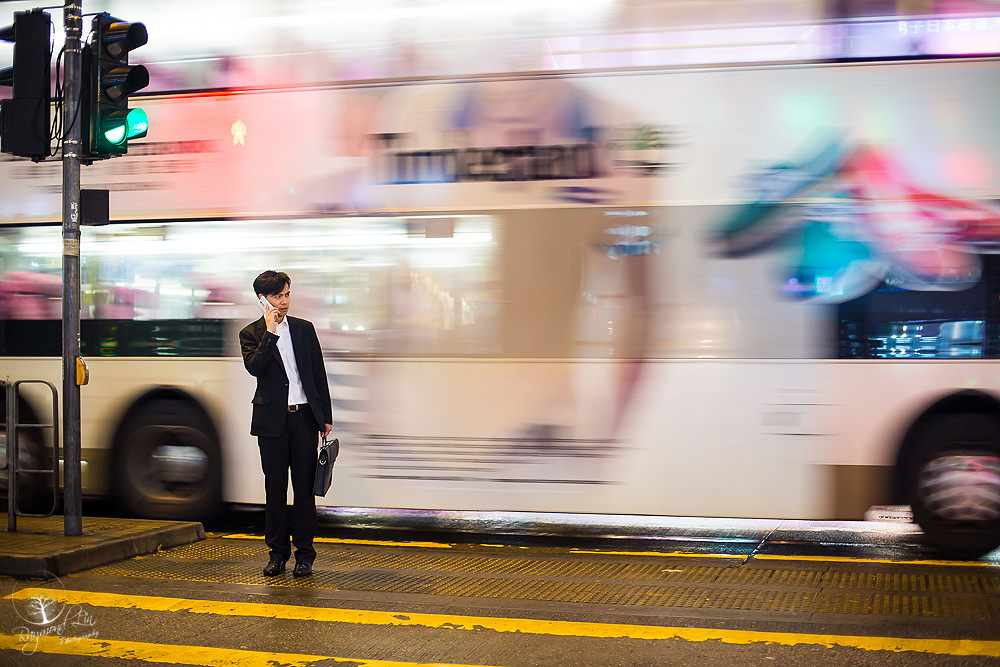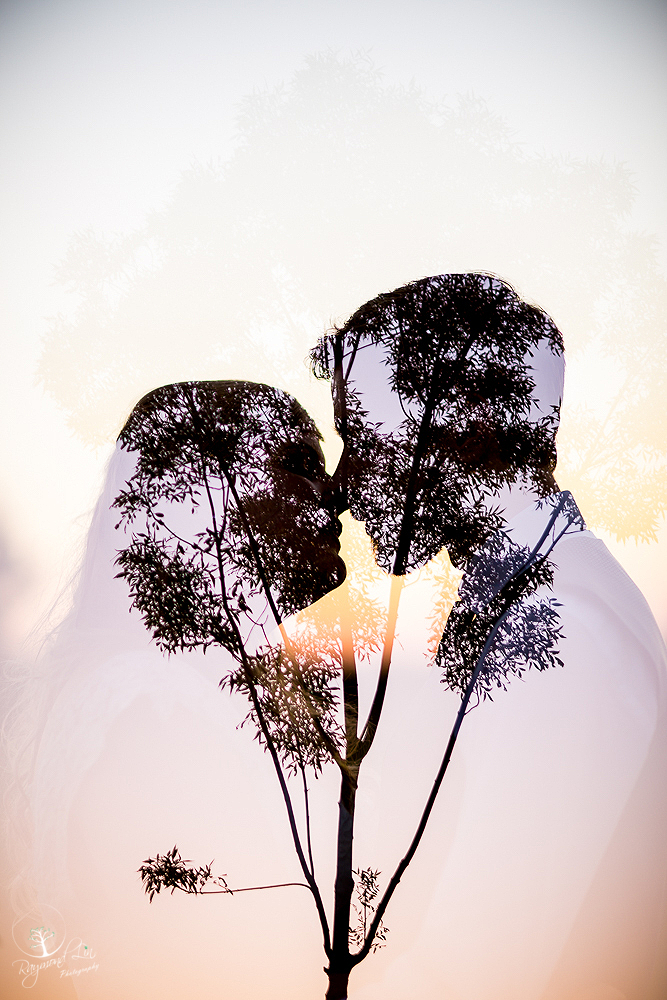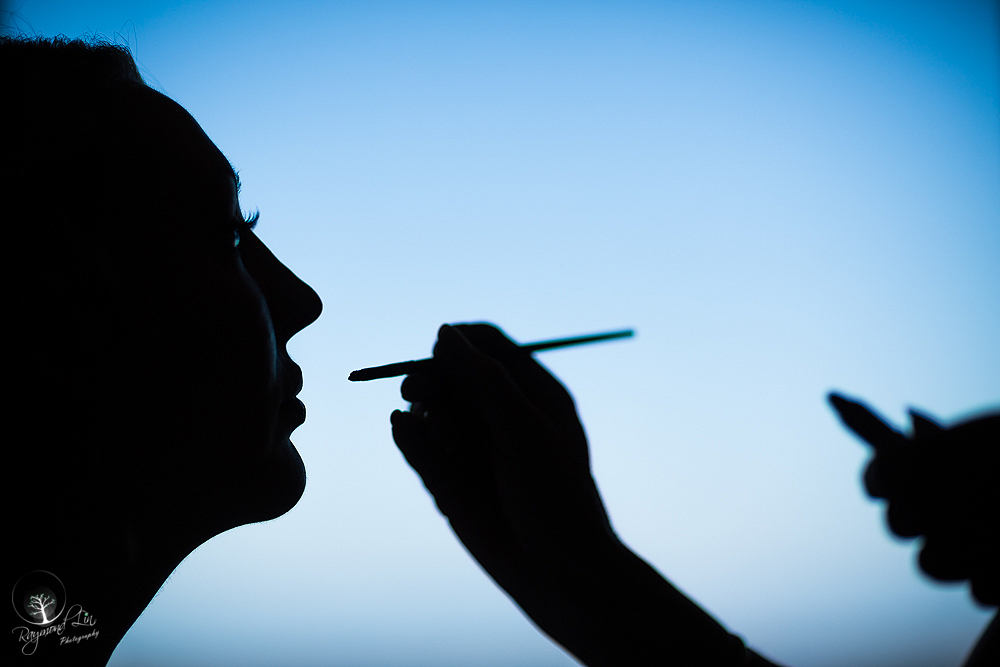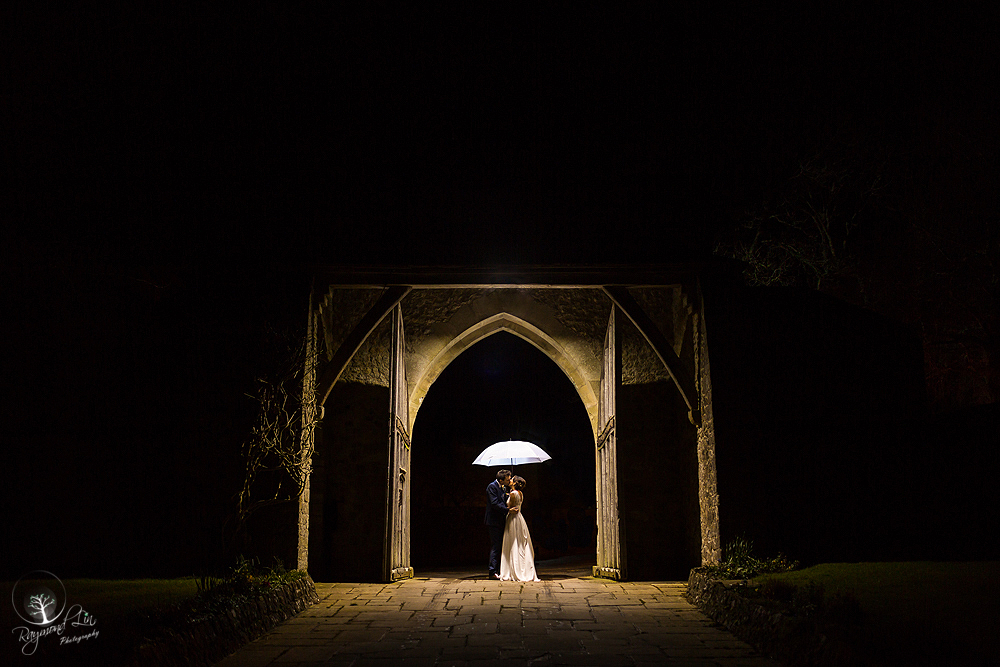Raymond Lin
I am Groot
- Messages
- 10,024
- Name
- Raymond
- Edit My Images
- No
Don’t feel like you HAVE to use manual, use which ever mode to get the shot that you want in your head. Shooting in manual when the same shot can be done in Av with half the effort is a waste of time.
The only thing you need to learn is how they work and when the time comes and you need to, you know how to.
The only thing you need to learn is how they work and when the time comes and you need to, you know how to.
Last edited:







